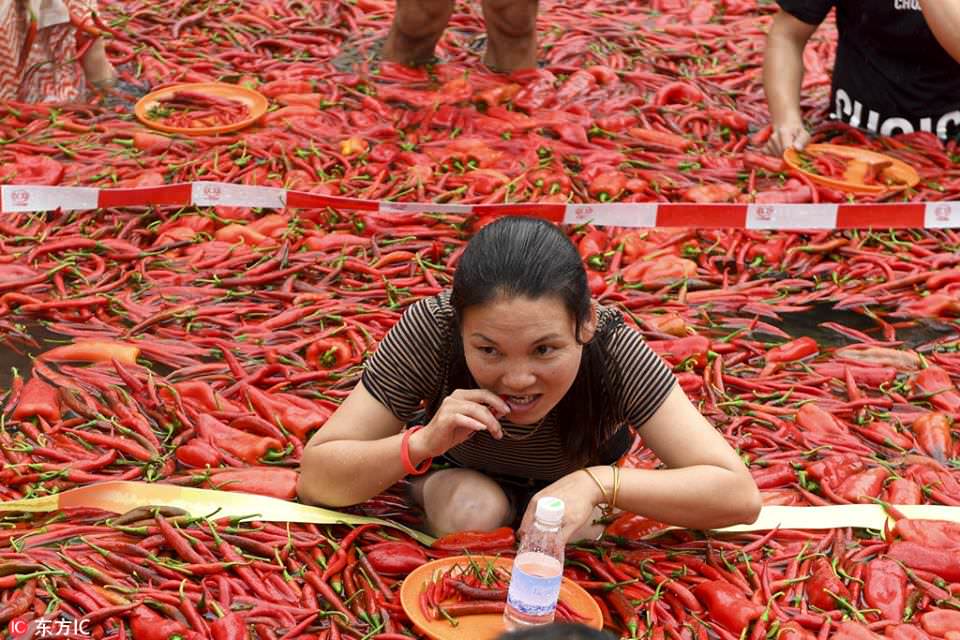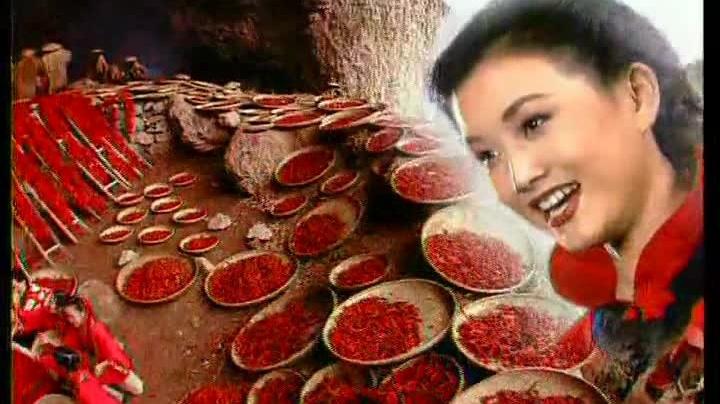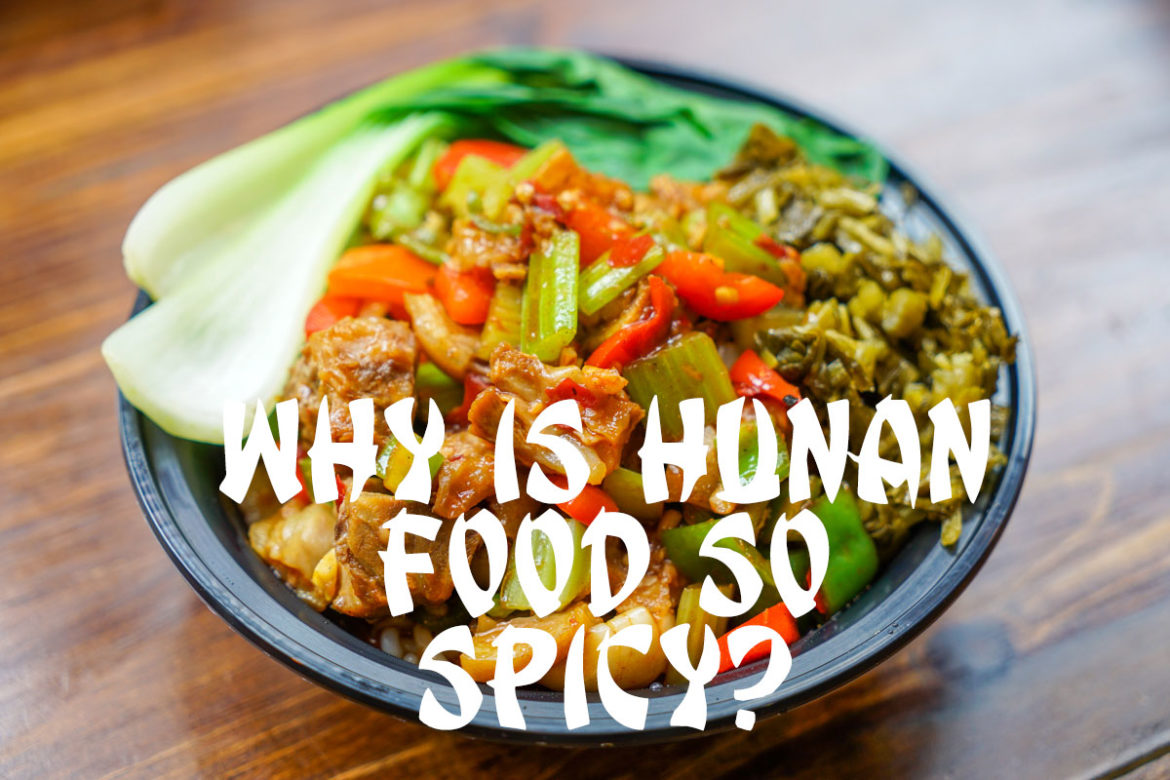Why is Hunan Food So Spicy?
As variations of Chinese food become more common to the West, many people want to know why food from Hunan is so spicy. What are the secrets behind the spicy Hunan food?
Believe it or not, the province has a history and culture associated with spicy dishes, which are associated with the southern region of China.
Spicy Hunan food has also effected the temperaments of the people, including notable Chinese revolutionaries. There are even famous sayings attributed to Hunan’s proclivity of spicy dishes and songs about the fiery dispositions of the Hunanese women.
Why does a region with warm weather have a cooking culture dedicated to a spice, that was introduced to China several centuries ago?
About Hunan Province
Hunan province is located in southern China, bordering Hubei and Guandong. Its name, HU 湖, meaning lake, and NAN 南, meaning south, was derived from is location, which is south of the Dongting, a flood basin turned lake.
It was first recognized in dynastic China, in the year 350 BCE. Modern Hunan has been recognized as China’s largest producer of rice.
Hunan: The Province of Spice
Mao Zedong, known as Chairman Mao, was the founding father of the People’s Republic of China. He is one of the most recognized people from Hunan. There is a historical record of the Chairman suggesting that his revolutionary spirit has roots in the spicy food of his hometown province.
A Russian military strategist named Otto Braun visited China in 1932, and in his diary, he noted his difficulty adjusting to Chairman’s spicy dishes. Chairman Mao informed Braun, that spicy Hunan food, was the true food of rebellion, saying “The food of the true revolutionary is the red pepper. And he who cannot endure red peppers is also unable to fight.”
There is even a Chinese saying, that speaks on Hunan provinces adoration of chili pepper, 四川人不怕辣,湖南人辣不怕,贵州人怕不辣! which roughly translates to “Sichuan people don’t fear hot food, Hunan people don’t fear any degree of spiciness at all, and Guizhou people fear to eat food that isn’t spicy.”

Hunan even hosts an annual Chili Pepper Festival, holding competitions to see who can eat the most amount of chili peppers in the shortest duration of time.
One author, suggests that the people of southern China, where there are warmer temperatures, have developed an appreciation for spicy food, in conjunction with Chinese medicine, which suggest that the body’s temperature, damp and cold, must be balanced by warmer, spicier foods. Some anthropologist suggests that southern provinces in China also chose chili peppers to counter the cold and damp winters in the region.

There is even a stereotype of “Spicy Girls,” from the region, known as LA MEI ZI, 辣妹子. A Hunanese singer even created a song and video called LA MEI ZI, featuring young women eating chili peppers.
The lyrics of the song, speak on the fiery temperaments of the Hunan LA MEI ZI:
Hot girl spicy
辣妹子辣
Hot girl spicy girl spicy and spicy
辣妹子辣妹子辣辣辣
Hot girl grows up not afraid of spicy
辣妹子长大不怕辣
Hot girl is afraid of being married
辣妹子嫁人怕不辣
Hang a bunch of peppers and touch your mouth
吊一串辣椒碰嘴巴
Hot girl spicy
辣妹子辣
Grab a handful of peppers and talk
抓一把辣椒会说话
When Did Chili Peppers Arrive in Hunan?
There is a debate, as to how chili peppers entered China. Some historians attribute the Spanish, in the 1400s and the Portuguese in the 1500s. Regardless of how it got there, centuries later, China is currently one of the largest exporters of Chili peppers, and in 2016, the country exported 260,000 tons of chili peppers, at an approximate 462 million USD value.
The hot chilis have become embedded in the regional culture. The red color, often symbolizing joy and celebration. Regardless of how the dishes in Hunan are prepared, chilis are an integral part of the seasoning.
Spicy Hunan Food in New York City
When Silky Kitchen was preparing to open, the owner selected a well known Hunanese chef to design the menu. As a result, the tasty and flavorful dishes were infused with the regional mixture of spice, providing New Yorkers with exposure to spicy Hunan food.


